The false promise of gun control
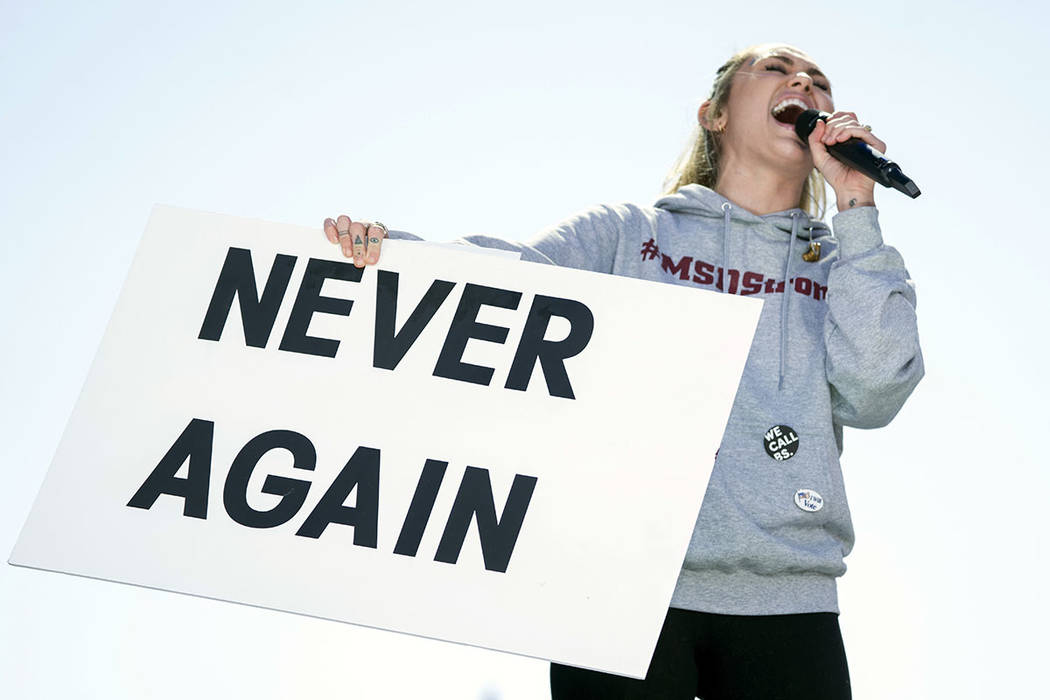
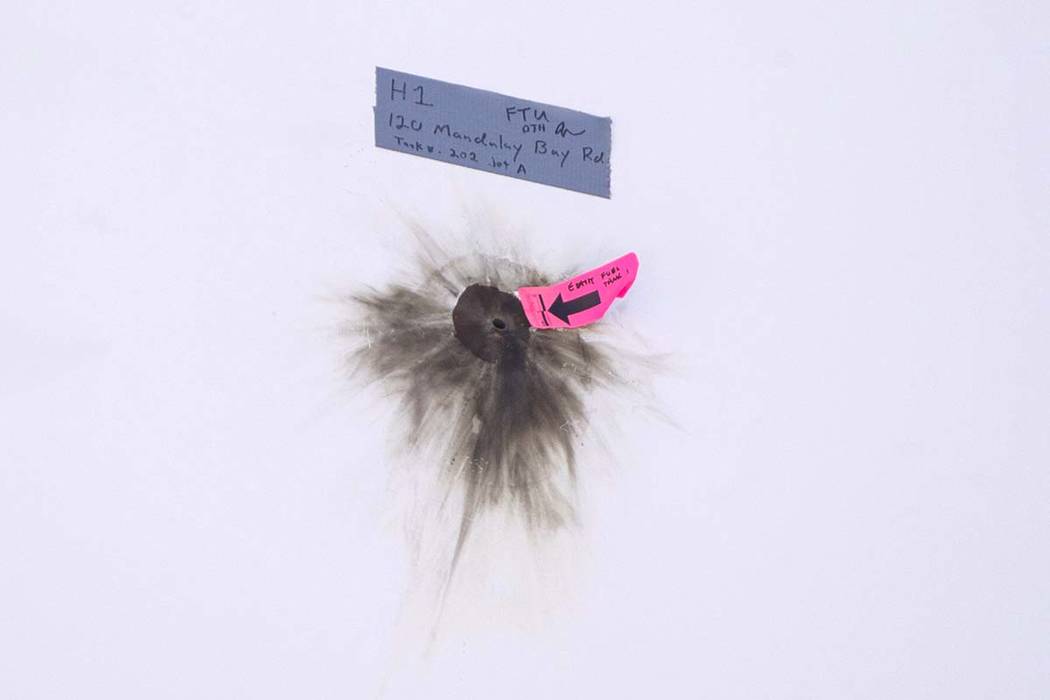
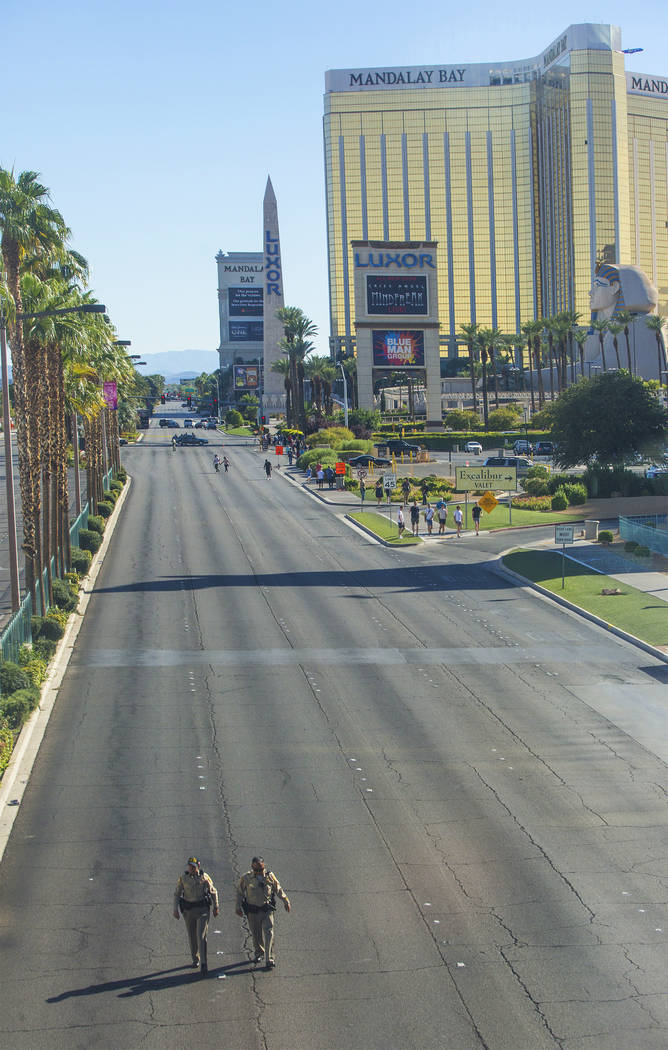
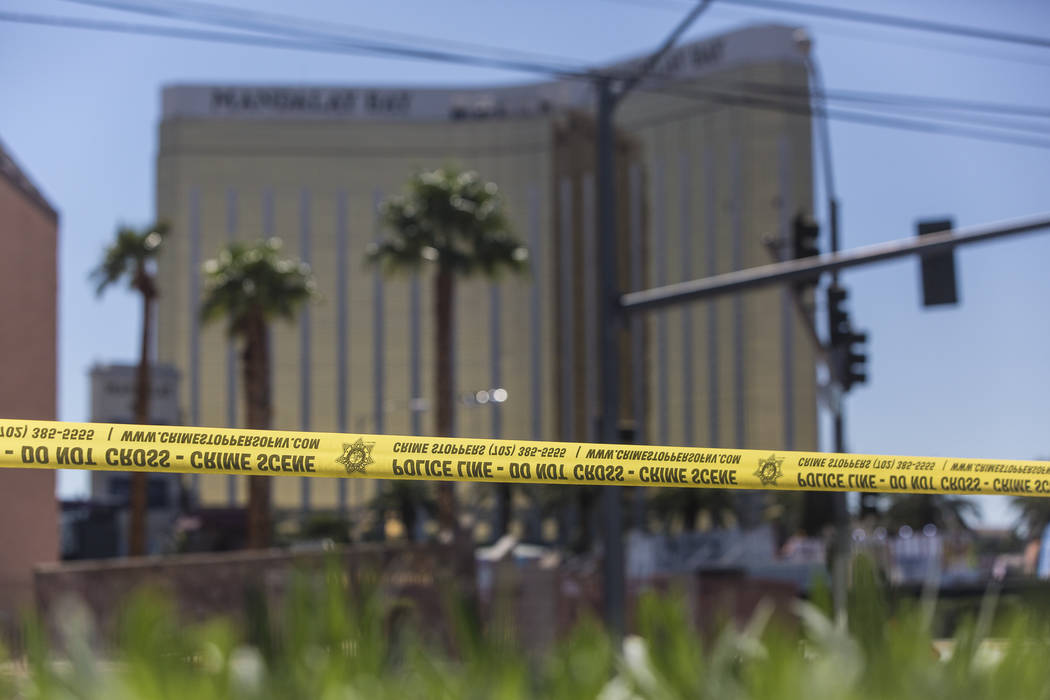
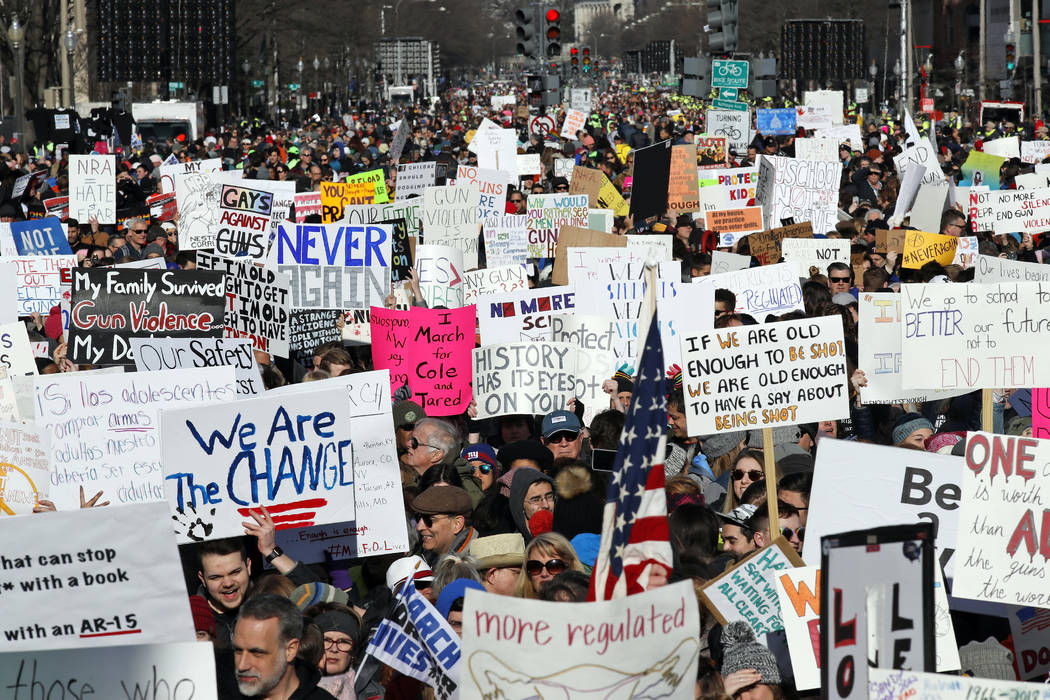
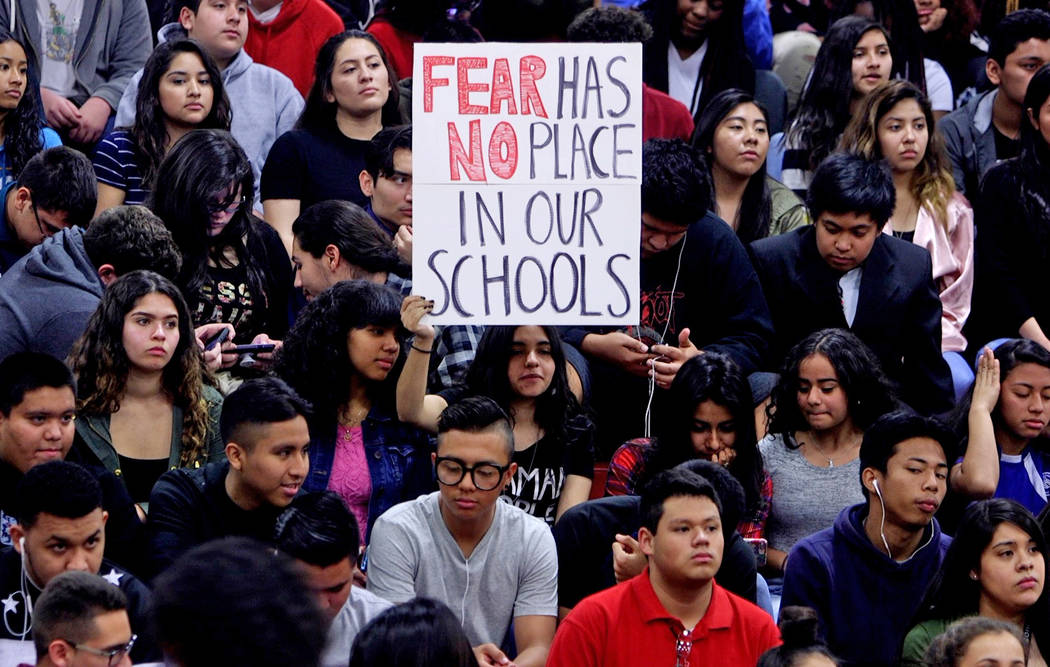
One year ago tomorrow, the unthinkable happened. The Oct. 1 murders devastated families and tore gaping holes in the Las Vegas community. We’ll never again think that it can’t happen here.
The tragedy revealed the extraordinary courage of many. Charleston Hartfield, a Metro police officer and Nevada Army National Guardsmen, was off duty but gave his life responding to the call of service. Sonny Melton died shielding his wife from the gunfire. Jonathan Smith helped 30 people to safety before being shot in the neck.
Heroes such as these saved countless lives. Still, 58 people were murdered, with hundreds wounded. The horror, the anguish, the grief is something no one wants to experience ever again.
It’s natural, of course, to want to do something — anything — to prevent future tragedies. This is when gun control proponents swoop in. They claim minor policy changes will help the government stop shootings. When emotions are high, it’s an appealing pitch — with one problem: It won’t work.
Start with the push for universal background checks. Leave aside Question 1, which was so poorly written it can’t be enforced. As a policy, it’s not effective. This isn’t “Minority Report.” Background checks can’t predict future criminals. The Oct. 1 monster passed a background check. Same for the man who killed employees at a Maryland newspaper. An Obama administration push to keep children out of the juvenile justice system allowed the Stoneman Douglas High School killer to legally obtain a weapon.
Most firearm purchasers go through background checks already. The only way to buy a weapon now without a background check is from an in-state private-party seller. Do you really think one more law will stop a criminal — by definition a lawbreaker — from buying a gun? The biggest effect of universal background checks will be to inconvenience law-abiding citizens who want to sell their firearms or even let their friends borrow their weapons.
That’s when you move into gun bans. Gun grabbers use sleight of hand to make this argument. They say they want to ban “assault weapons.” That term sounds scary but lacks a universal definition. The 1994 assault weapons ban defined assault weapons based on their secondary characteristics, such as a bayonet mount or barrel shroud. News flash: Bayonet mounts aren’t responsible for mass shootings.
Either gun grabbers want to ban weapons based on features that aren’t related to mass shootings or they really hope to ban semi-automatic rifles. That’s not a minor policy tweak. That’s a full-scale ban on tens of millions of rifles, including popular hunting rifles.
And for what? The killers in the most deadly mass school shooting in U.S. history used handguns. Ban semi-automatic rifles, and the calls for handgun bans will soon follow. In London, which has a complete gun ban, police are now confiscating screwdrivers to stop the stabbing epidemic that’s driven the city’s murder rate above that of New York City. Sales of stab-proof clothing have soared in response to the violence. Turns out it’s people who commit crimes, not inanimate objects.
Yes, there are narrowly tailored changes that lawmakers should pass which could help in some circumstances. This includes well-designed gun-violence restraining orders that allow authorities to temporarily take guns from someone found by a court to be a danger to others.
But telling a grieving community that small changes to gun laws are all that’s needed to stop mass shootings is peddling false hope.
Victor Joecks’ column appears in the Opinion section each Sunday, Wednesday and Friday. Contact him at vjoecks@reviewjournal.com or 702-383-4698. Follow @victorjoecks on Twitter.













